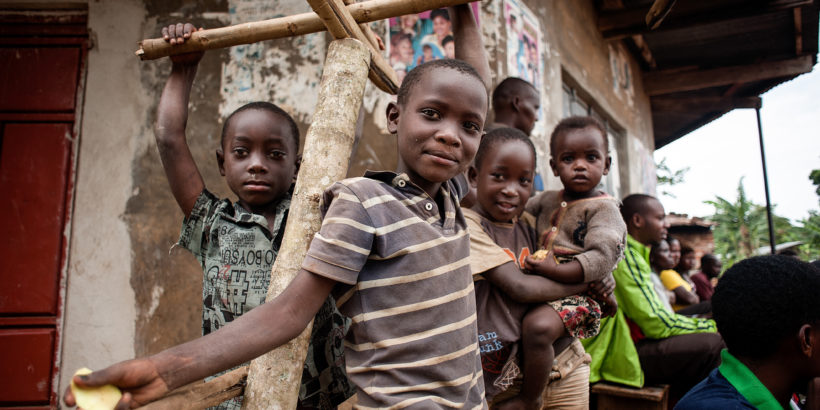New vaccine introduction is no small task. It’s a process that requires nimble thinking, problem solving, and a commitment to health and equity. Stakeholders and decision-makers considering new vaccine introduction have to look backward while thinking forward. They must look back to build on knowledge, experience, and lessons learned while considering the potential for future lives made healthier – or even saved.
In 2018, Typbar TCV® received prequalification from the World Health Organization (WHO), becoming the first typhoid vaccine suitable for introduction in routine immunization programs. When Gavi, the Vaccine Alliance, opened a funding window, the opportunity to introduce typhoid conjugate vaccine (TCV) became a reality for many national decision-makers.
These leaders suddenly needed to understand typhoid disease burden and transmission. They needed compelling data on TCV and typhoid to understand the prioritization of vaccines in the introduction queue. Then, there are other factors to consider when thinking about typhoid prevention and control. Factors like drug resistance. Diagnostic challenges and poor or no surveillance data. Climate change and poor water and sanitation infrastructure. Complications of untreated typhoid. The fact that the youngest children bear the largest burden. Not to mention migrating or displaced populations, and the overall health context in a country.
Once decision-makers—usually National Immunization Technical Advisory Groups and other Ministry of Health officials—decide to introduce TCV, there are even more decisions to make. At what age should the vaccine be administered? What introduction strategy should they consider? What about cost and cost-effectiveness, and the impact on the health system? How can they best reach the most vulnerable communities?
TCV introduction, while unique in many ways, also benefits from lessons learned and experience from other vaccine introductions. Many countries considering TCV have successfully introduced several other childhood vaccines, including measles, rotavirus, polio, and diphtheria-tetanus-pertussis. Each of these introductions—and their successes and challenges—informs TCV decisions.
The Typhoid Vaccine Acceleration Consortium (TyVAC) team, comprised of experts who have worked on various antigens in numerous countries, has the skills and resources to support decision-makers with the best information available. TyVAC understands the implications of the new vaccine introduction decision-making process and helps countries consider cross-cutting issues. These include local partnerships, data, information gaps, resource availability, and how to evolve an Expanded Programme on Immunization schedule to include TCV.
New vaccine introduction is a weighty decision, and decision-makers are already constantly laden with weighty decisions. However, with patience, planning, and perseverance, Gavi applications for TCV introduction support have been and can continue to be successfully completed. Together as a team, TyVAC, local government leaders, Gavi, UNICEF, WHO, and many other key local stakeholders are working to collaboratively take on typhoid.



